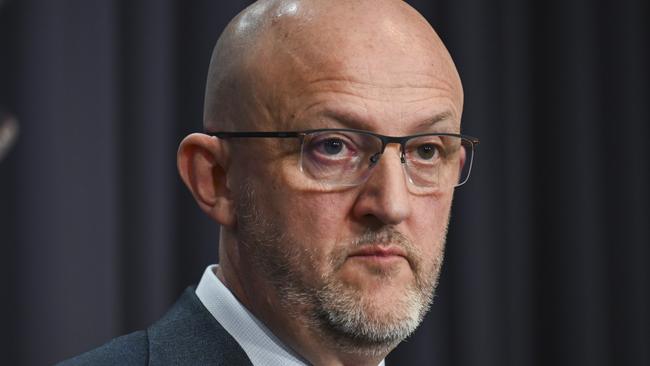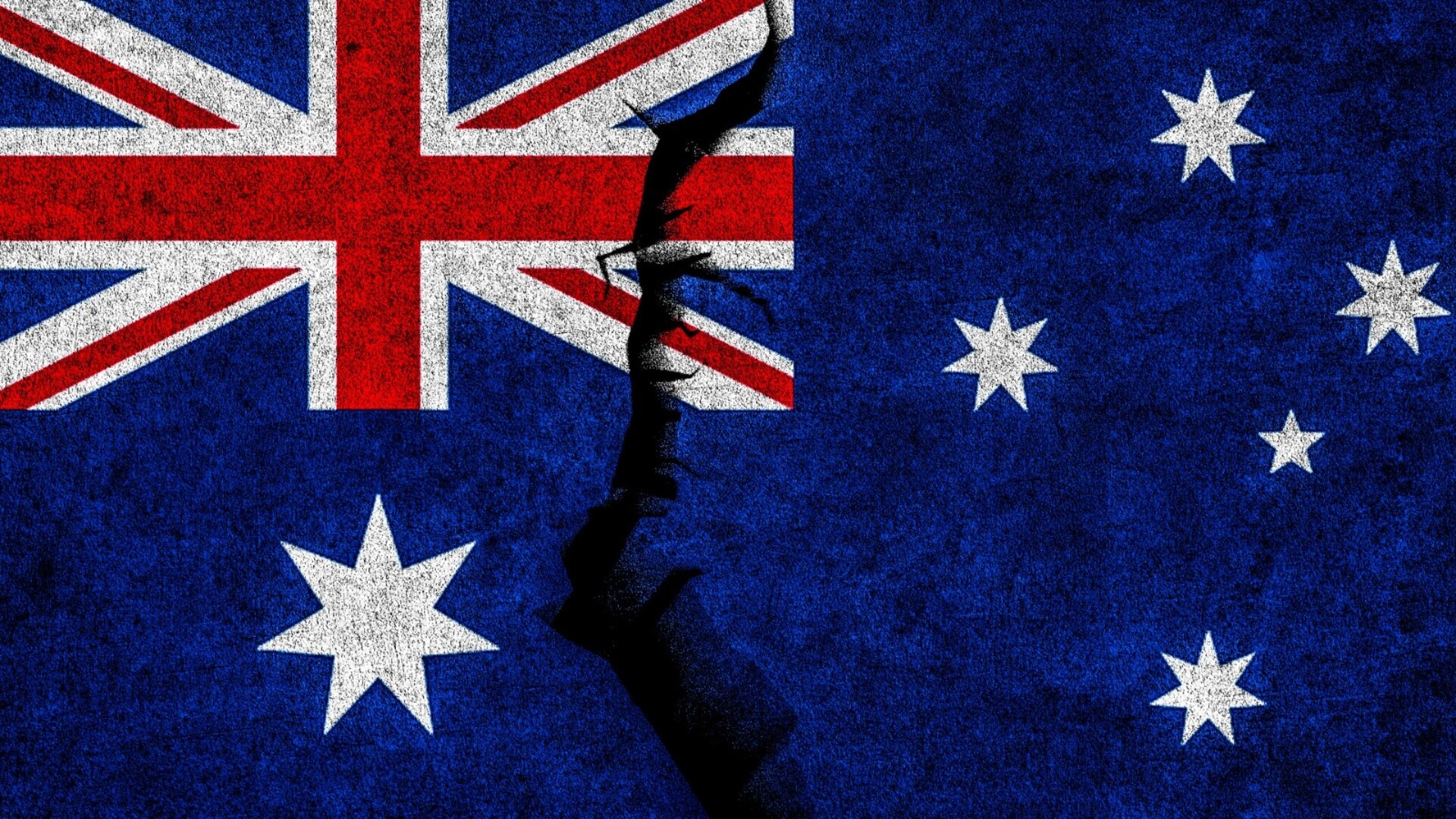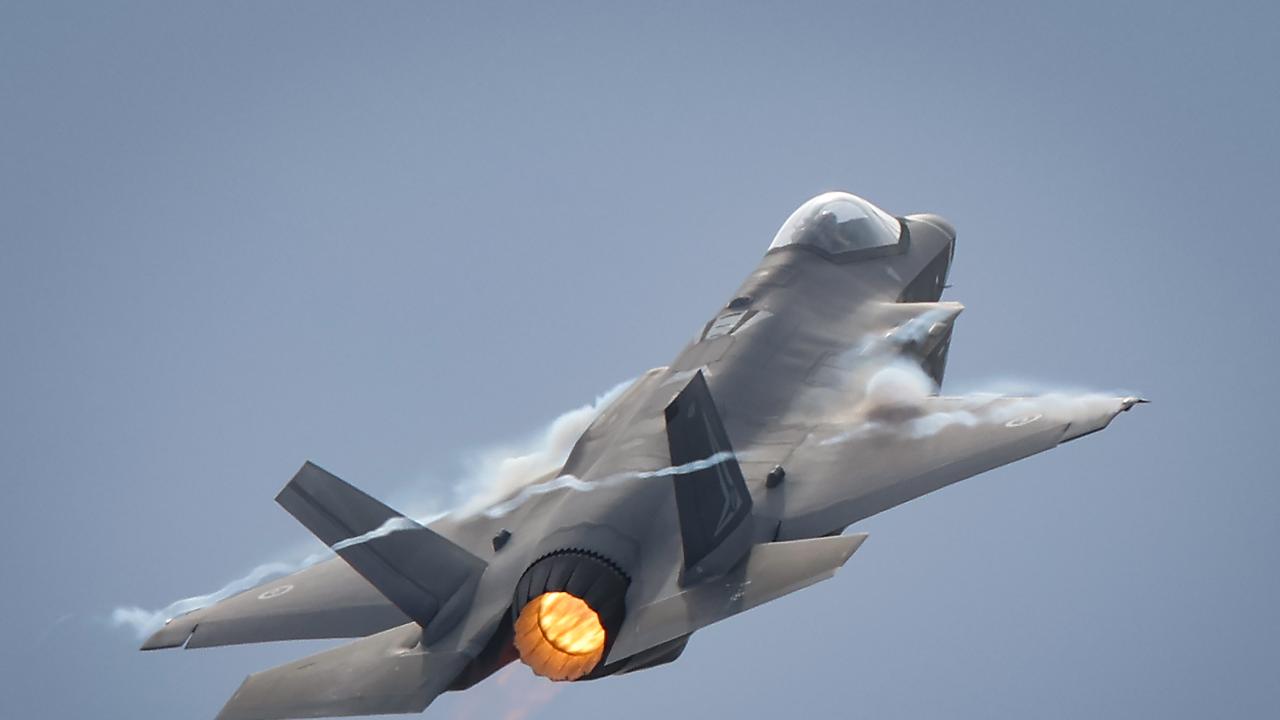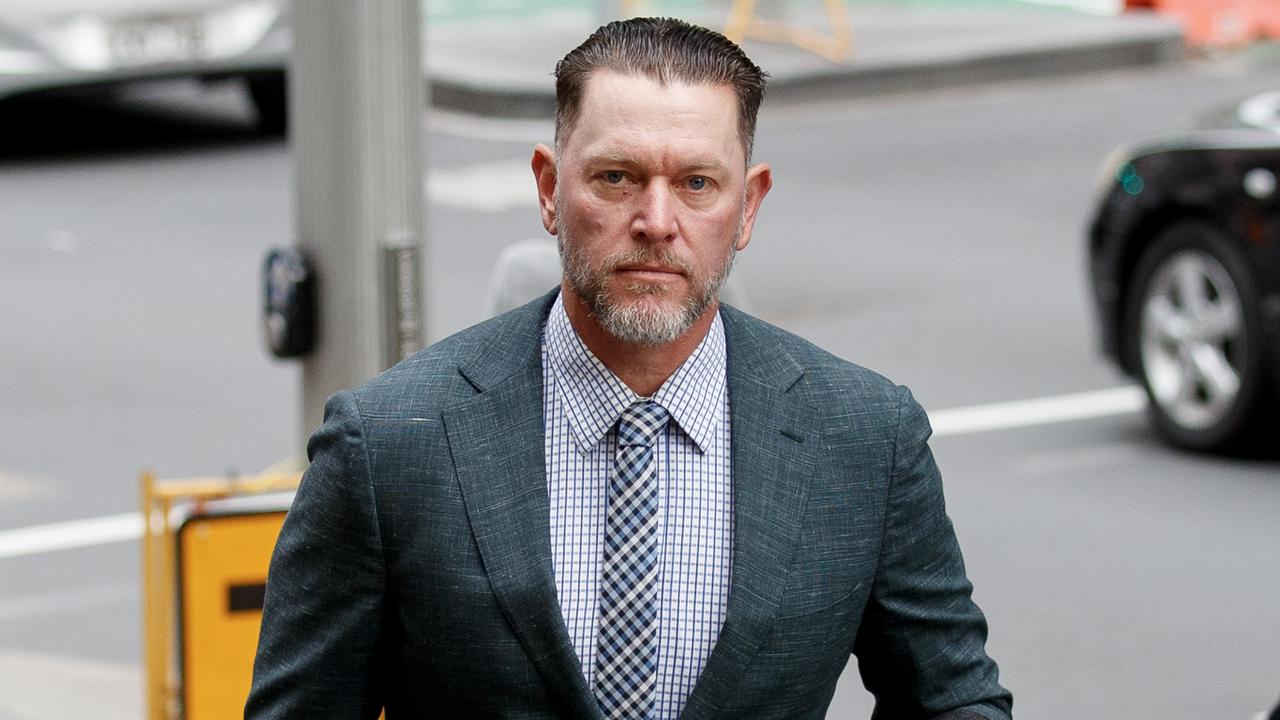
According to the nation’s intelligence chief, it is only going to get worse. More confusing, more volatile and more dangerous.
From 12-year-old extremists, rising nationalist violence and elevated threats of terrorism to foreign-sponsored assassinations and AI inspired chaos, the official Future Threat Assessment makes for sobering reading.
The timing of this assessment is politically potent, coming weeks or months before the election. There is no conspiracy. It is delivered at the same time every year. And like the central bank is legislated to act without political consideration, so too is ASIO.
Nevertheless ASIO director-general Mike Burgess would be aware of the election implications considering the politically charged debate over anti-Semitism and community safety.
The Coalition has sought to elevate crime and national security as a key election issue. Polling suggests this is fertile ground. And there is no doubt this assessment, perhaps more than those past, will make for uncomfortable reading for the Albanese government.
How will it respond? While much is being thrown at us from abroad, elements of the emerging threats are homegrown. And if there is a broader conclusion to be drawn it is that we as a nation are failing in our collective obligation to leave a better and safer world for our children.
According to Burgess, Australia is facing the worst security environment in more than 50 years. This is an extraordinary statement. And as alarming is the accompanying warning that traditional threats are now evolving with future technologies, spawning a security environment that is degrading and fracturing and becoming more unpredictable.

Burgess is saying the spying game is rapidly changing. He says the major geopolitical, economic, social and security challenges of the 1930s, 70s and 90s have converged. “As one of my analysts put it with an uncharacteristic nod to popular culture: everything, everywhere all at once,” he says.
“It is a frank, uncomfortable assessment. But it is profoundly important … Many of the foundations that have underpinned Australia’s security, prosperity and democracy are being tested: social cohesion is eroding, trust in institutions is declining, intolerance is growing, even truth itself is being undermined by conspiracy, mis- and disinformation.”
There is no longer a single threat that stands out on the priority list. As Burgess says, lights are flashing red across the board.
He is talking as much to Australia as he is sending a blunt message to foreign intelligence services. Implicit is a concern that threats are retreating into ever darker corners, more difficult to detect, more challenging to prevent and potentially more deadly in their impact. Australia is not alone. It is a trend being experienced across the Western world.
Burgess answers his own question as to what it means for the security environment. “Australia is facing multifaceted, merging, intersecting, concurrent and cascading threats,” he says.
It is an admission that security and intelligence agencies are being challenged in profoundly more intense and testing ways.
There might have been a temptation to pull his punches but something as bleak and serious as this, in Burgess’s view, would have been a belief that people had a right to know about it.
How it is used politically is and should not be his concern. All the big drivers are international rather than domestic – the great power competition, wars in the Middle East and Europe, social media and technological change.
Inevitably there will be an argument over the response to domestic manifestations. Considering a lot is in the tech space, Burgess is signalling to the community it needs to take greater interest and responsibility rather than asking what the government is doing to prevent kids from turning into extremists. They have to be aware of what’s coming down the pipe through screens to their kids.
Burgess is suggesting traditional responses may no longer cut it in dealing with this new world, particularly when kids are self-radicalising in days.
These threats will present challenges that security services can’t necessarily resolve themselves.





As if the world wasn’t bleak enough already.